The nomadic children in northern Kyrgyzstan | DW Documentary
In summer, the nomadic children in northern Kyrgyzstan move to high pastures with their families. For the last several years, there has finally been a place there where they can learn and socialize with other boys and girls: the yurt school.
Every day, Jenya Scharscheva, the head of the village kindergarten, comes to the school yurt. She focuses on activities related to playing and learning. One of her protégés is 12-year-old Alihan, who lives with his family in a yurt at an altitude of 2,000 meters.
Like almost all nomadic children, Alihan has to help his parents tend the pastures and lend a hand around the house. But the yurt school helps him to continue learning. During the Soviet era, the number of nomads in Kyrgyzstan fell sharply. Today, however, many Kyrgyz have returned to this old tradition – including Alihan’s parents. Like their ancestors, they breed animals, especially horses, to earn a living in the breathtaking mountain landscape. In the yurt school, teacher Jenya tells the children a lot about traditional nomadic life and Kyrgyz traditions. They rehearse songs and poems for family celebrations. In this way, they learn about old Kyrgyz rituals. These include the “cradle festival”, which welcomes newborns into the family and the “celebration of the first steps”, which is organized by parents when a child learns to walk.
For nomadic children in the mountains of Kyrgyzstan, summers used to be lonely and isolated. Now, that’s no longer the case, thanks to the yurt school.
#documentary #dwdocumentary
______
DW Documentary (English): https://www.youtube.com/dwdocumentary
DW Documental (Spanish): https://www.youtube.com/dwdocumental
DW Documentary وثائقية دي دبليو (Arabic): https://www.youtube.com/dwdocarabia
DW Doku (German): https://www.youtube.com/dwdoku
DW Documentary हिन्दी (Hindi): https://www.youtube.com/dwdochindi
Watch the video by DW Documentary
The pastures in the mountains in the north of Kyrgyzstan are green and lush. Many families spend the summers up here grazing their animals, just like their nomadic ancestors. A special time for the children in the group. Youíll sew beautiful cushions like this some day too, Saida.
I often go to the horse market with my dad. With three months of school holidays, life up here can quickly become monotonous for the children. I have lots of chores: Getting water, collecting firewood, looking after my little siblings. I have to help my mother. But now there is a place where the children
Of the nomadic families can meet. Hurry up! A school for learning and play has been set up in a traditional yurt. Theyíre very curious and always want new jobs. It’s just after sunrise, around five thirty in the morning. The high pasture where 12-year-old Alihan lives with his family i
S almost two thousand meters above sea level. Before breakfast, he and his mother milk the cows and then send them back to the pasture with their calves. Alihan, please get the next two cows ready. Alihan’s only vacation is from school everyone has to pitch in this time of year.
Alihan helps us a lot. Without him, we couldn’t do it. Alihan gets up early and has lots of chores: I wash the dishes, sometimes I look after my little brother, feed the dogs and chickens – things like that. I usually do my chores right, except maybe when really I don’t feel like it.
After milking, his father drives the cows back onto the mountain to graze all day. Sisters Aisirek, Aitunuk and Albina live three kilometers away and 500 meters further up the mountain. They too spend their three months of school holidays up here. The mountains have no cell phone reception, no electricity and no running water.
The girls have to fetch water from the river several times a day. My bottle is full, sister. Kyrgyz children have to begin helping with chores as soon as theyíre able to. We don’t mind getting water. We only do it four or five times a day.
The girls also have to make sure thereís enough firewood. It’s not an easy task since there are fewer trees on the high pastures. You have to tie it together here in the middle. G¸lschat, the girls’ mother, has to run a 6-person household with basic means. Here, drink something.
I have to look after the baby all the time, so I’m very glad that the big girls can help out a bit. The family breeds horses for a living and the father is on his way to check on the free-roaming herd. The nearest village is Kysyl-Su, more than an hour’s drive away,
And is where most of the nomad families spend the rest of the year. Jenya Scharscheva is on her way to the kindergarten. Sheís been a teacher for more than 30 years and is now also the director. The kindergarten and school both close at the end of May,
When the families bring their animals up to the mountains. A few years ago, a program for schools in the high pastures was set up so that the children wouldnít fall behind during the long summer holidays. Itís financed by the foundation of former President Roza Otunbayeva. Children who spend the summer in the mountains
Are welcome to attend the yurt school. I give a few hours of lessons every day and try to teach them something. But we also play games and explore our traditions so they arenít forgotten. The Kyrgyz language and culture were suppressed during the Soviet era, much like other central Asian cultures and languages.
Kyrgyzstan’s independence led to economic decline. Today, the average income is less than 300 euros per month, one of the main reasons many families have returned to the almost 3000-year-old nomadic traditions. The pressure to make ends meet is so great that sometimes school age children also have to earn money.
Jenya hopes to offset some of the effects of the demands the children face. Every summer during school holidays I go to the high pasture. But Itís also a place where I can relax with the fresh air, the beautiful landscape and the clean water. I love being in the mountains.
And I love the children. The horse breeders live on the edge of the village. More and more Kyrgyz have discovered that they can earn good money with this traditional work. Their horses are popular in neighboring, wealthy Kazakhstan. But the pastures donít produce enough grass during the summer,
So they drive their horses up to the high pastures. Jenya, on the other hand, enjoys the ride to the mountains with her husband. He used to work as a mechanic but is now retired. Without him and the car, the yurt school wouldnít be possible. Alihan has to deliver his firewood
Before he can go to school in the yurt. Itís mid-August and the family has been in the high pasture for almost three months. G¸lnas and her husband Mirlan have carved out a new household in the mountains. The sixth summer theyíve spent here with their children. We have about 60 goats.
We also keep chickens and turkeys. And a few dogs. But the cows are the most important. We mainly live from selling their milk. I studied at the university in Bishkek and I’m actually a business mathematician by profession. But it’s hard to find that kind of well-paying job around here.
And since my husband likes animals, we’re doing this now. Would you like some tea? Almost every family lives in a yurt during summer on the high pasture. But they no longer move around like they used to. The yurt is the center of daily life for Mirlan and G¸lnas too.
Itís a kitchen, as well as a living and bedroom all in one. The campsites are usually several hundred meters apart and are passed down between families or are allocated by the community. The school yurt was provided by a villager. Jenya was one of the first to teach here in the mountains.
The teachers are usually volunteers. Some of the children have to walk several kilometers to school. The school offers three hours of learning and play during the week. Hi! Wow, youíve got a nice hairstyle today? Jenya made many of the materials herself. The children prepare the yurt for the next lesson while Jenya
Greets her two granddaughters who are also spending the summer up here. But first things first: school canít begin until everyone has washed their hands and taken their shoes off. The children are between 3 and 12 and Jenya has brought games appropriate for everyone. What does a car run on? On gasoline.
The chickens flew upside down with their heads hanging down. I’ve kept this for a long time, said the boy and gave his girlfriend a gold ring. She took it and would occasionally look at it. 80 yurt schools are now supported by the Roza Otunbayeva Foundation with materials and courses.
Jenya wants to bring the children together and foster their love for learning. I want them to achieve their goals, get a good education or go to university. Maybe one day one of my children will even become president! The yurt school has plenty of room for big dreams. Jenya is a good teacher.
She plays with us and I really like it here now. Grab a pencil in each hand. Like this… Good job! Look, you can really see the difference. I like painting best. I like the swing, the slide and the yurt. I get bored when thereís no school.
All the kids in the area come here, so it’s a really great place for us to meet. Life on the high pastures is centered around the nomadic familiesí biggest resource: livestock. And the knowledge is passed down from one generation to the next. Maybe one day Alihan and his younger brother will take over.
G¸lnas makes dumplings to bake over an open fire. She spends the whole day doing chores. Things will get a bit easier when Alihan’s little brother is also big enough to go to the yurt school. Then I can do my work in peace, get water,
Do the laundry and tidy up the in the yard. Like many families, they see the hard life on the high pastures as a temporary solution. Both parents want something better for their sonsí future and support Alihan in his studies. I think it’s good that the children go to the yurt school.
Weíre grateful to Jenya for organizing it every year! Her work isnít easy, and itís only thanks to her that the school even exists. Maybe, god willing, my son might even become a doctor. Although the summers on the high pastures are full of adventure,
Alihan and the other boys donít want to follow in their parentsí footsteps when they grow up. I want to be a policeman when I grow up and help catch criminals for Kyrgyzstan. I want to be an architect and build beautiful buildings. I want to be a dentist.
Doctors are always well dressed, theyíre very clean and wear a white smock. That’s my absolute dream job. But today Alihan is learning how to be a good farmer. It’s Sunday and there’s a livestock market in the town of Karakol. How much is the goat? How much do you want for that cow?
Mirlan is mainly looking to buy a horse for his son. Livestock has become cheaper because the price of feed has gone up a lot. Horses gets this tooth when they turn four. That’s how you can tell its age. I often go to the livestock market with my dad.
I like to look at the horses and the bulls. Alihan doesnít mind a horse with a bit of temperament. But this might be a bit too much. Thatís a wild horse. It hates being tied up. Itís not easy to find the right horse. Careful Alihan! Whereís this mare from? From this area.
Can she be milked? I don’t know, but she’s very calm. Ride her around a bit. This horse has the right temperament for Alihan. Heís been riding since he was four. Do you like the horse? You have to look at their legs to see if theyíre healthy. And good racehorses should have pointed ears.
So…? What do you think? I like it a lot. I could train this horse and race it. A horse is a big investment. It’s important to know what youíre buying. Back in the mountains. Jenya’s two granddaughters are waiting for their grandmother.
Her son and his family are difficult to reach, and family visits are rare. Iíve missed you so much! Little Malinka is only a few months old. This is my first ever visit. The trip up here was really hard for me. But I finally get to see my little granddaughter again,
Which is a great joy for me! A feast has been prepared to celebrate the grandparentsí rare visit. A real treat in this remote camp. I’ve been coming here for three years now. I chose the site because it’s beautiful here and the horses have plenty of space and good feed.
It’s also cooler up here. I have some valuable racehorses and I train their foals to race myself. The family is nearly self-sufficient while staying on the high pasture. They go to the village for supplies once a week. They always have fresh yogurt, butter and cheese from the milk of their own cows.
They only slaughter animals on special occasions. I think my son is doing well here. There’s no decent work in the village and no support from the state. You have to come up with something and take the initiative yourself. Horse breeding secures the family income.
But returning to the traditional nomadic life isnít always easy. Four children in a yurt creates a lot of work. The girls are mostly learning how to become good homemakers and mothers. Things were different in Soviet times, when Jenya and her husband were young. Boys and girls were then raised as equals.
But even if life has become more traditional again, Jenya’s granddaughters are allowed to have their own dreams: I don’t like it here. I always have to work: Getting water, collecting firewood, looking after the little ones, helping my mother. When I grow up, I want to be a famous singer.
I like being in the mountains. We play together and go to the yurt school. I want to become a doctor and help heal people and children. G¸ljan’s yurt is three kilometers away next to the river. She takes care of her grandchildren when they return from the yurt school. Saida, bring me the detergent.
Weíll add more water in a second. Five grandchildren and her son and his wife live here. Several generations often live together In Kyrgyzstan. While her daughter-in-law does most of the housework, the grandmother has time for the children. Grandma, can you help me? Itís all tangled up. Alright, Iím coming.
G¸ljan not only has time to play, but also to do traditional crafts, like sewing a cushion for the yurt. Saida, can you help me please? I can’t see so well. Can you thread the needle? Here you go. The grandmother used to take care of the children all by herself.
I think the yurt school is very good and I support the project. The children are up here anyway. They might as well learn something and have a bit of fun. The teacher has lots of interesting materials and makes sure they get a good education. Weíre happy with that.
Jenya tells the children about a big traditional celebration. The “Feast of First Steps”, which parents organize when their child learns to walk. Jenya’s relatives are celebrating and have invited her to bring the school children to the party. The little child’s feet are tied together with a woolen ribbon.
Then we have a race and the winner gets to cut the ribbon. Let’s prepare something for the party. Who wants to recite a poem? They practice the lullaby because the party is also held to welcome a newborn into the family. We have to hurry. The party is in two days.
Just practice on your way home. You can sing as loud as you want in the mountains – nobody will hear you. The party will be in a neighboring valley. The hosts have rented a house but are cooking themselves. Jenya and her husband brought nine children from the yurt school.
They can experience two old Kyrgyz traditions today. The most important people at the party are the familyís oldest and the youngest members: Jenya’s aunts and uncles as well as the two children being honored today, the newborn baby and a one-year-old boy. The ribbon thatís used to tie the feet together is made
By the grandmother or a respected woman from the village. Itís woven from white and black wool and represents the good and bad times in life. And then weíre supposed to run across the meadow? Thatís right. And remember boys: No pushing! Over 60 guests arrive.
The feast consists of six courses and lasts several hours. Tradition has the men sitting on one side and the women on the other, in ascending order according to age. The eldest grandmother performs the cradle ritual to officially welcome little Aidarija into the family.
In the name of Allah, I lay you in this cradle. May it always bring you happiness. Become a happy, devout, clever and educated girl! Always sleep well in your cradle, my little one! The schoolchildren have practiced their songs well and everything goes as planned.
May there be many celebrations in our family where we come together. Stay healthy and live long. May our girl be happy. Little Akmal is then prepared for his symbolic first steps. The boys are ready to go first, then the girls. The winner’s power and speed is then transferred to the young one,
Helping him through life. Cut the ribbon with force, well done! And now lead him, everyone walk alongside him! Go, go, go…. And with that begins a new chapter in young Akmal’s life. The winners get a prize but Jenya has also brought gifts from the school for the others.
The party should create fond memories. The children are our future, and I hope that they will take what they experience here and pass it on to their own children. The last few days have been extremely hot, well over 30 degrees Celsius, which is unusual this high up in the mountains.
And by evening, a thunderstorm is brewing. The heavy rain continues for two days and nights, causing massive floods. When it’s all over, roads are broken all over the country and entire villages are cut off. Jenya is worried about her son’s family and her students. She hasn’t been able to speak to anyone yet,
Since there is no cell phone service in the mountains. Drink your tea faster, we have to drive up there. There were supposedly floods. Do you want to walk? No, no. We’re taking the car. The rain only let up during the night and it is unclear
Whether itís still possible to even reach the high pastures. But Jenya doesn’t want to wait. My job is my life and I’m just used to going to the children every day. I can’t just sit around at home now. Sometimes it’s a bit too much for me.
But she can’t help herself, so I have to be there for her. They leave at half past eight, just like every morning. For the first few kilometers nothing seems out of the ordinary. But when theyíre just 15 minutes from the school they have to stop.
The heavy rains caused the river to swell dramatically. It’s carved out a new path and destroyed the roadway. I hope the families up in the mountains are doing well. How are they supposed to get supplies now? The only way is by horse. The flooding closed the yurt school prematurely this year.
Jenya would have to walk for more than an hour. The last couple of weeks will have to be canceled, since the high pastures are essentially cut off now. Come on, let’s turn back. Thereís no point. But we have to organize a farewell party. All the families in the mountains are fine,
No one was hurt by the water. And instead of going to yurt school, the children meet at Alihan’s where they quickly get bored. This is the worst disaster I’ve seen in a decade. The hot days melted away the glacier and then there was all the rain,
So there was a lot of water in the river and strong currents. Several bridges were washed away and people are stuck up in the mountains. The roads wonít be clear again for a while. But life goes on. Alihan and his little brother accompany their father on his way to work.
He has to look for a lost cow. Everyone reunites once shortly before the end of the summer vacation, down on the shore of Lake Issyk-Kul, on the other side of the mountains. The washed out road couldnít keep them apart. Jenya has organized a big farewell party.
A swim in the countryís largest lake is a special treat after months in the mountains. Issyk-Kul is not only a famous lake, but also a sacred place. We believe that bathing in this water can also cure illness. Alihan tries to coax his little brother into the water.
I love to swim and lie in the sun. I’m building a yurt. Be careful! I’m very happy that the children are having so much fun. I get strength and energy from talking and playing with them. Many parents and grandparents were skeptical when Jenya first started the school.
But she has since become a confidante and someone the mothers sometimes turn to for advice on how to raise and support their children. Thank you for this happy childhood! Dear Jenya. Thank you for the party, for all your work and for supporting our children! Yes, dear Jenya.
Yes, thank you so much for organizing the Yurt School every year When you support me and help, everything works out! It’s up to you, the parents. When you participate, we succeed! Jenya manages to get the nomad families excited about the yurt school every year.
As the highlight of the farewell party, she has invited a singer to sing old Kyrgyz folk songs with them. I really hope that we can continue the yurt school next year and that the children will be waiting for me in the mountains again. The holidays are almost over.
Soon the children will go back to kindergarten and school in their own villages. But the yurt school is something completely different. I really enjoyed going to the yurt school and will miss Jenya. I’ll be back next year.
About DW Documentary
DW Documentary gives you information beyond the headlines. Watch top documentaries from German broadcasters and international production companies. Meet intriguing people, travel to distant lands, get a look behind the complexities of daily life and build a deeper understanding of current affairs and global events.
Video “The nomadic children in northern Kyrgyzstan | DW Documentary” was uploaded on 02/14/2024 by DW Documentary Youtube channel.



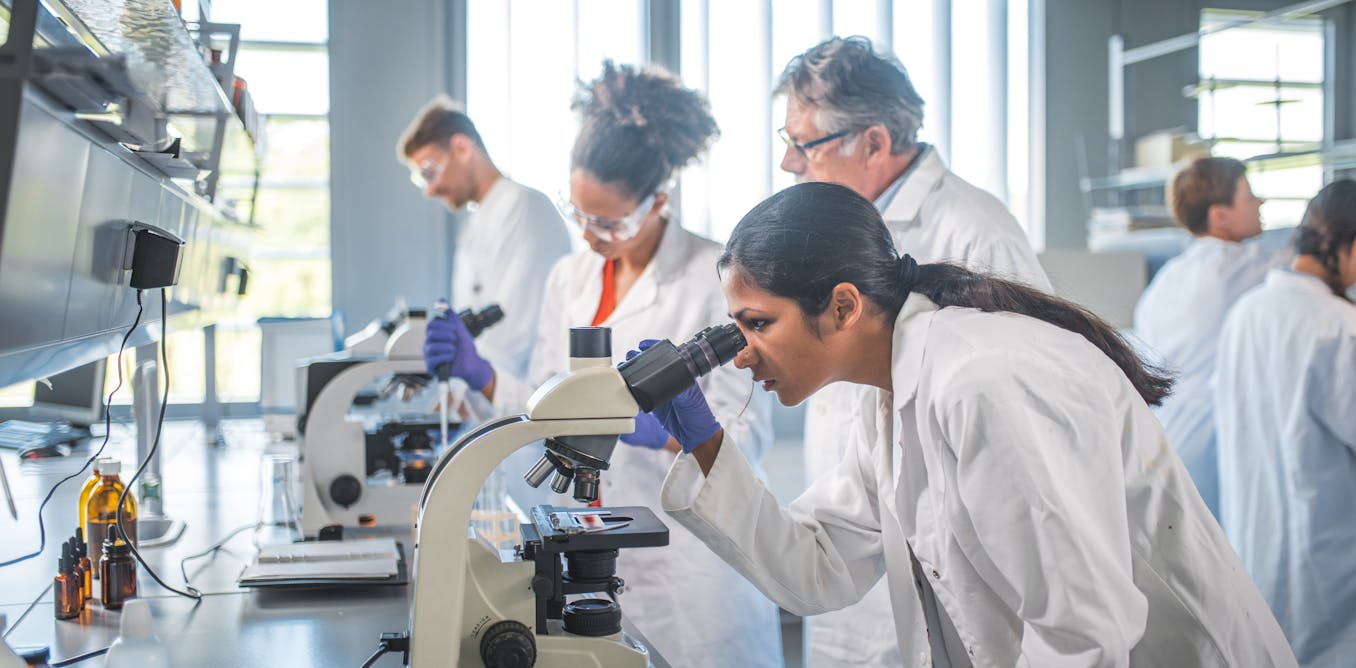


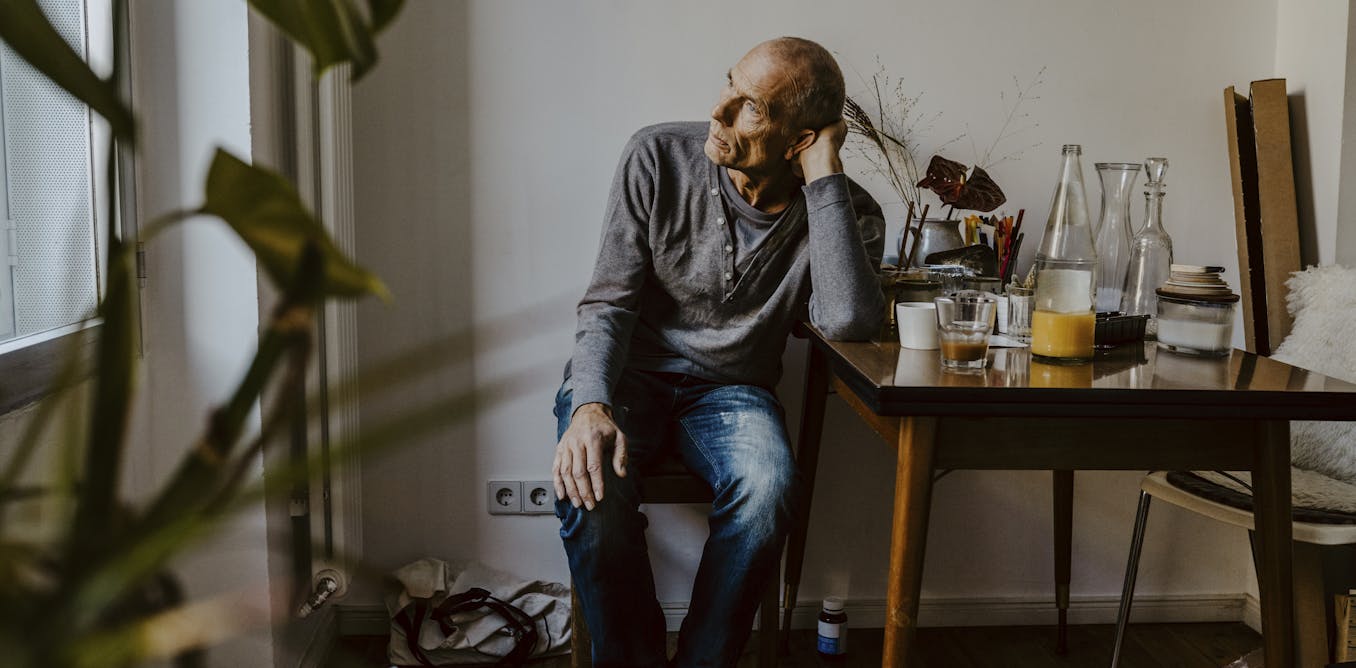
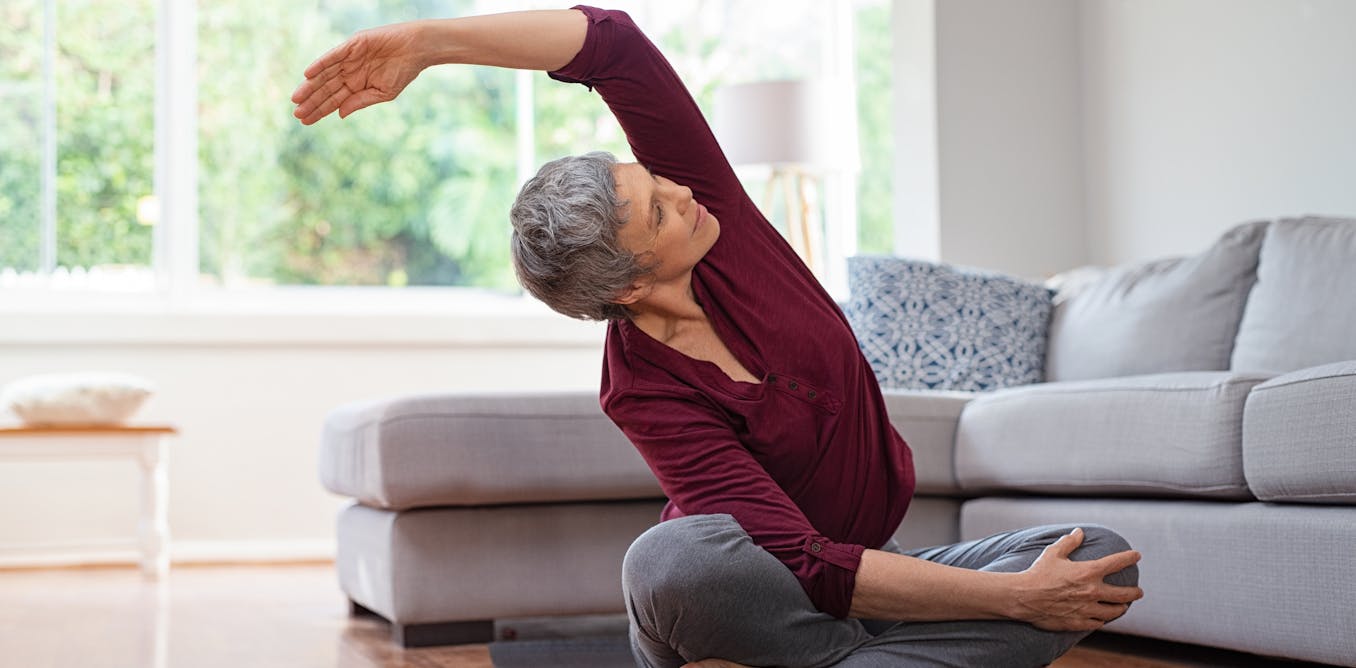
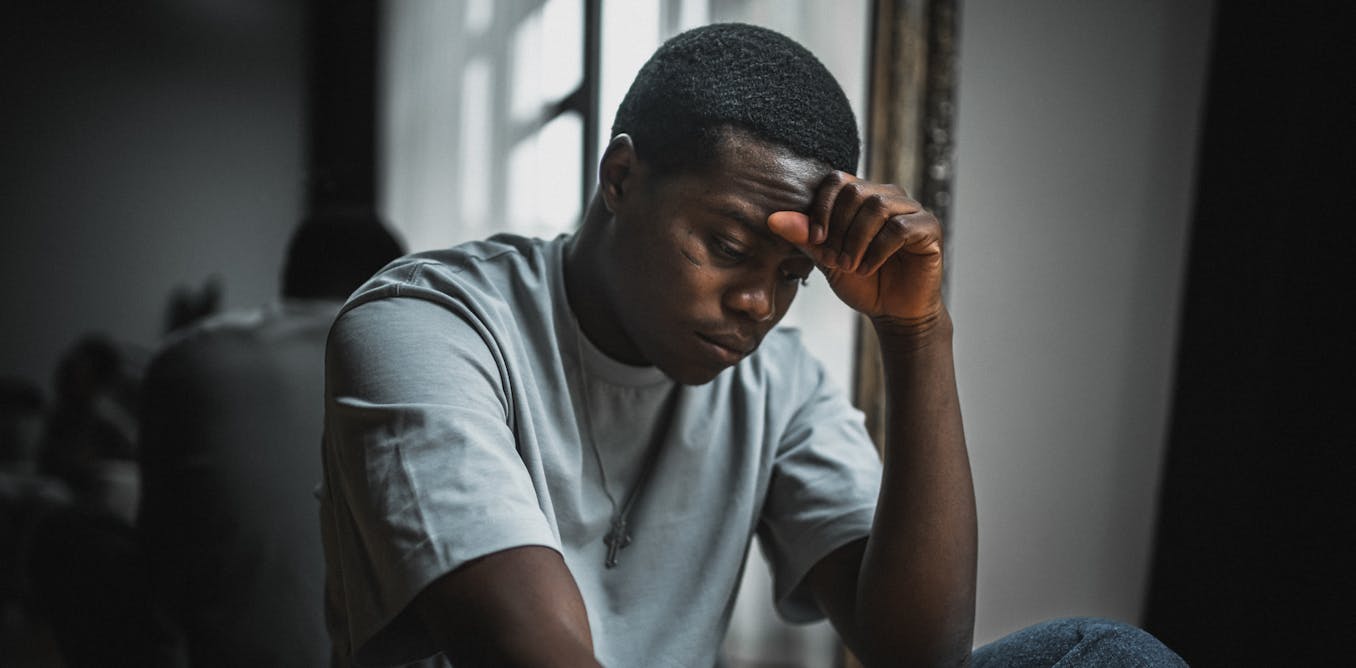
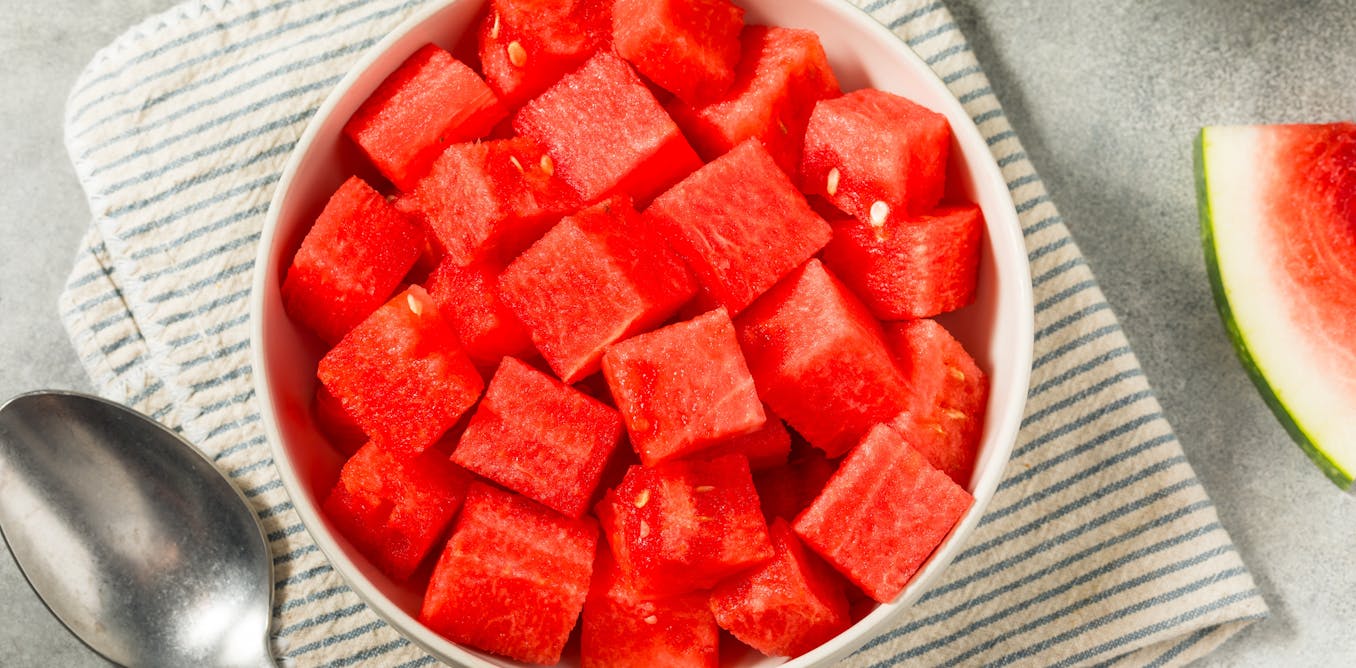
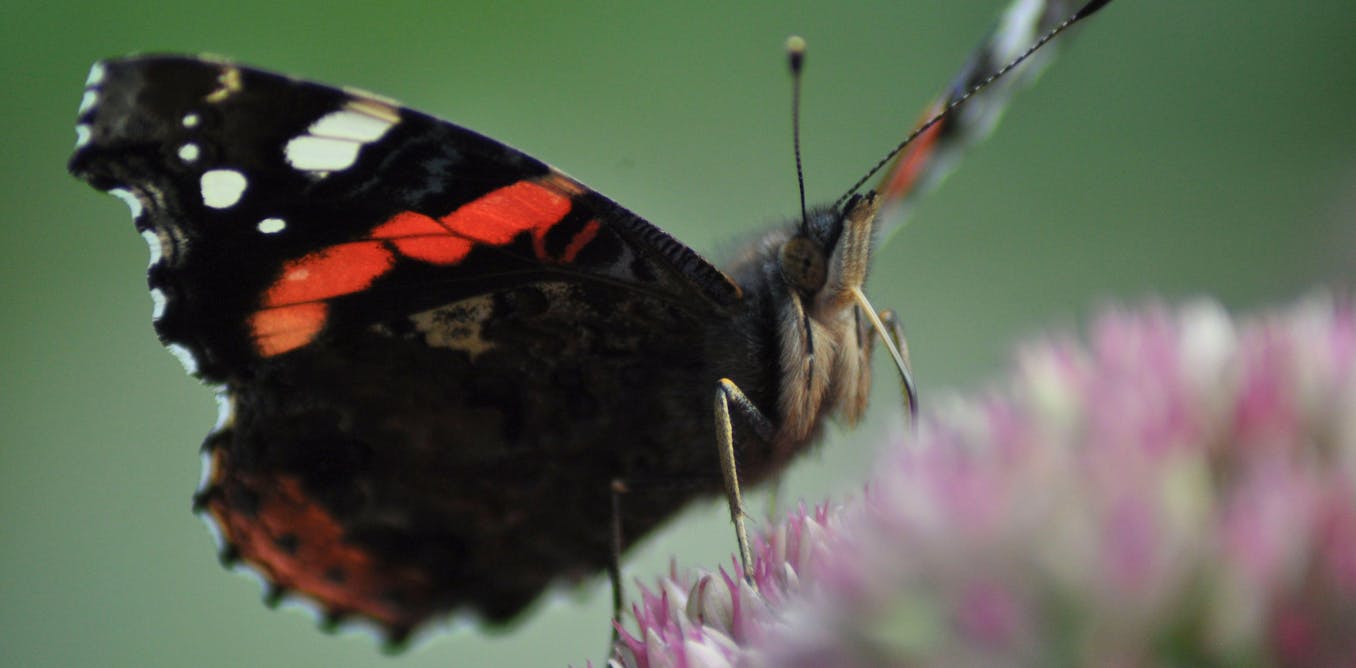
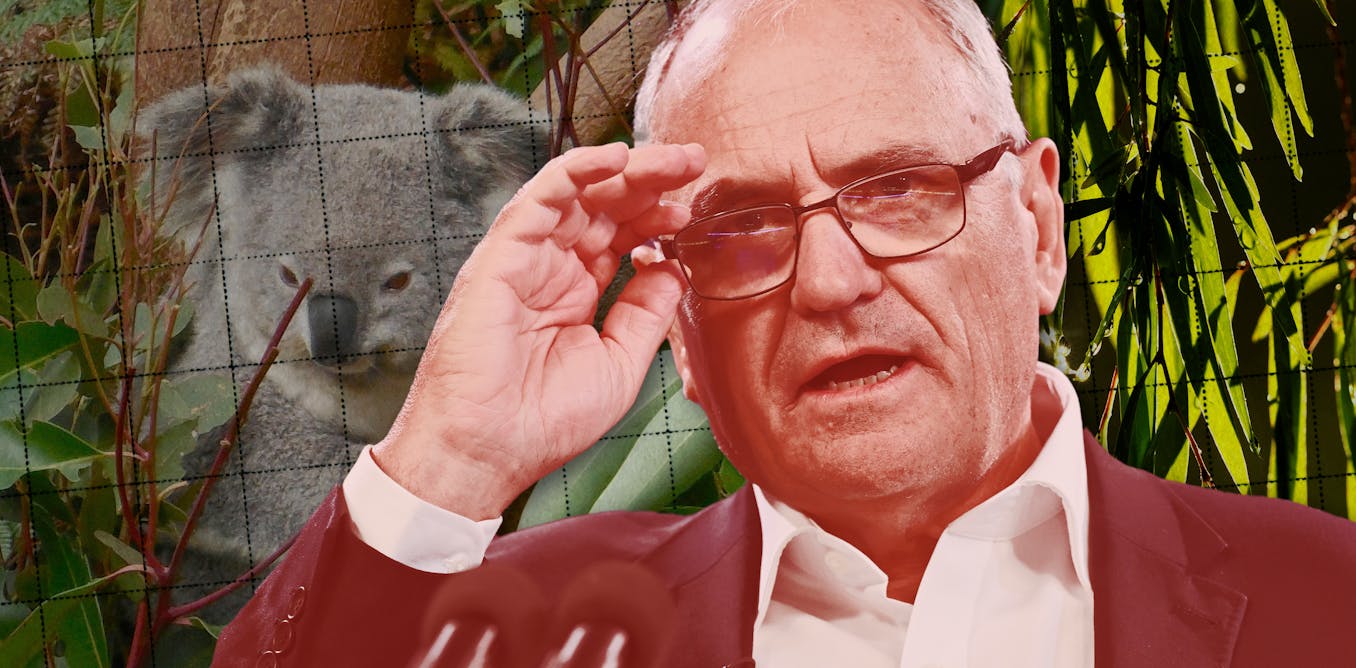
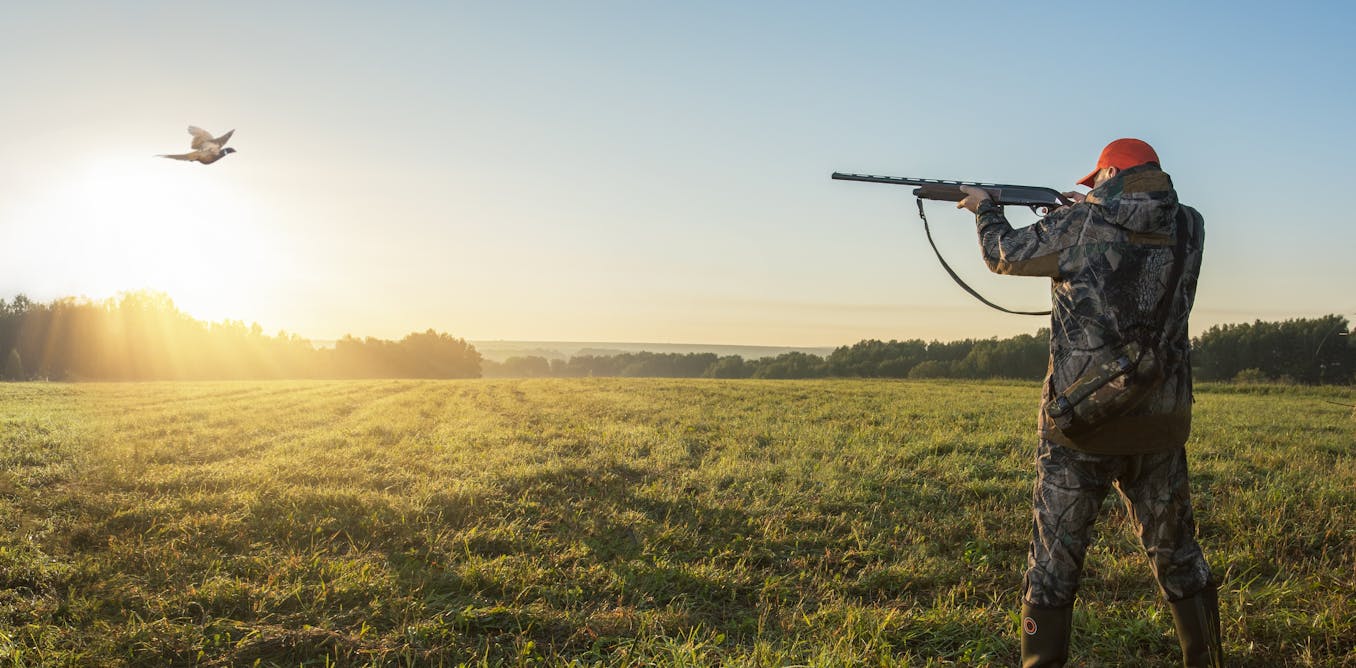
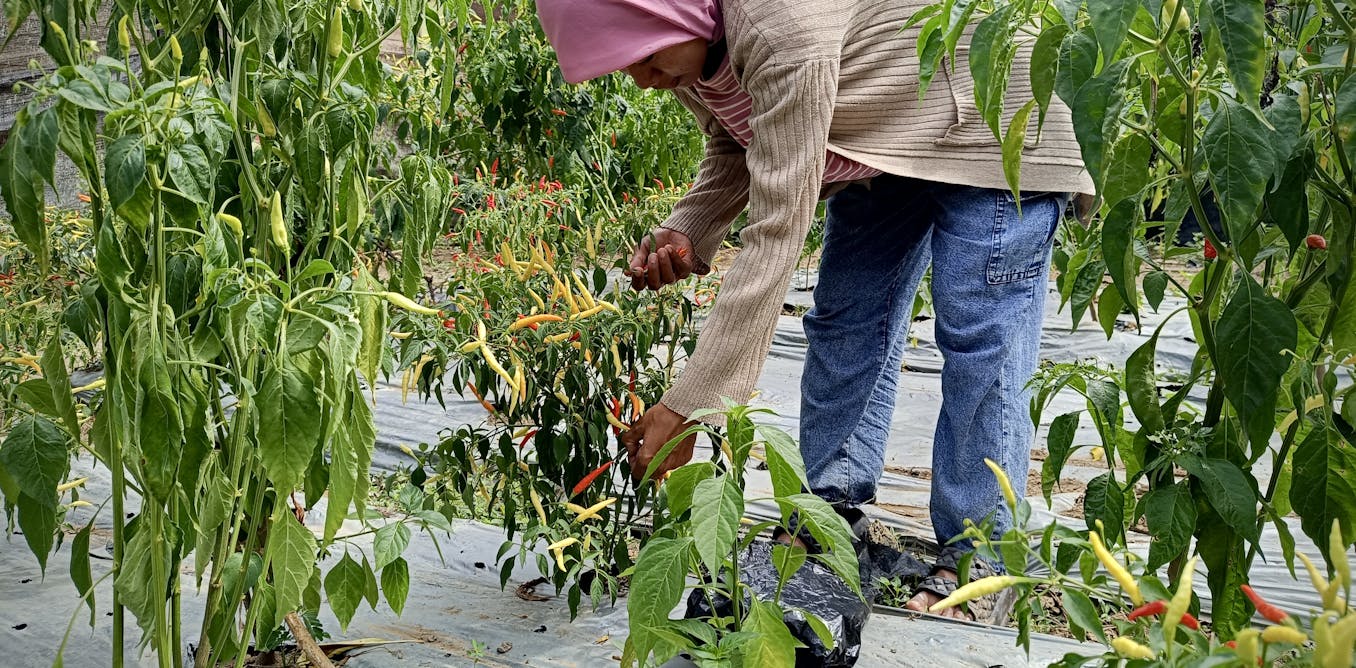













![MONTAGE SWIMWEAR: 12 Designers, 1 Show, 1 Big Reveal | Miami Swim Week 2025 [4K] – PART 1 MONTAGE SWIMWEAR: 12 Designers, 1 Show, 1 Big Reveal | Miami Swim Week 2025 [4K] – PART 1](https://i.ytimg.com/vi/MKDhVDFwOes/maxresdefault.jpg)








